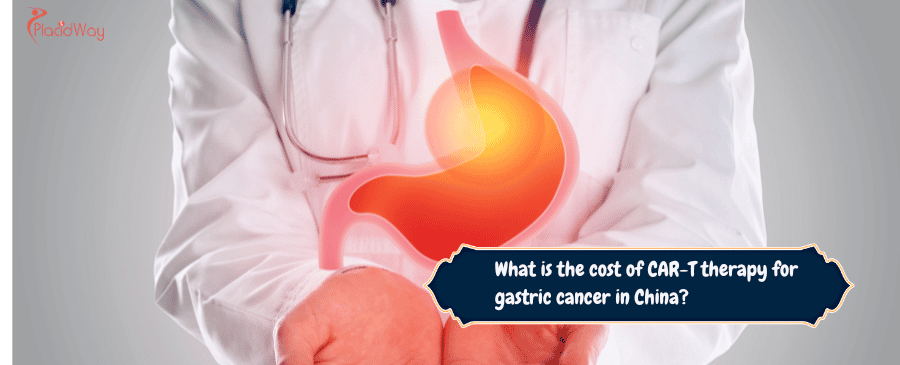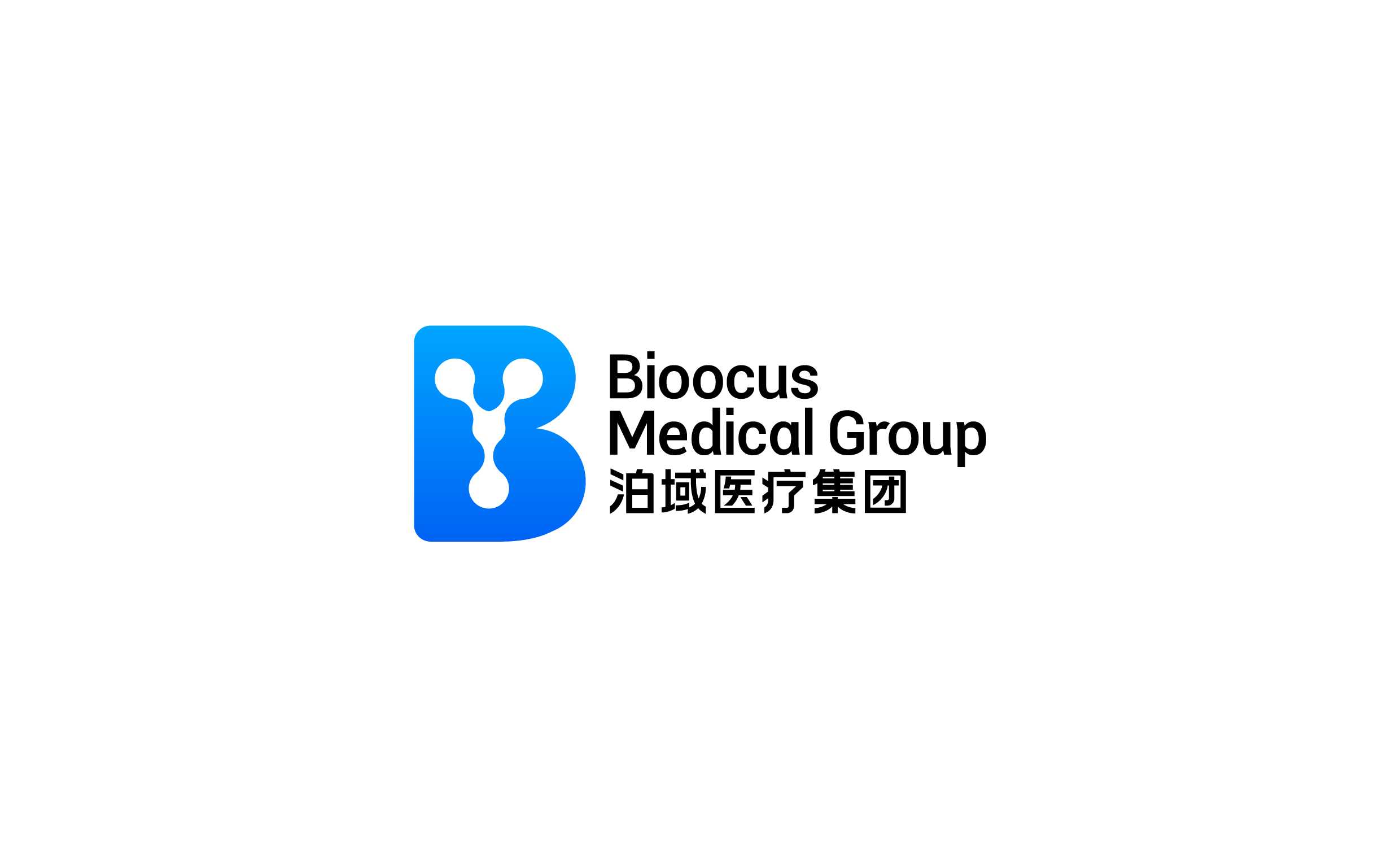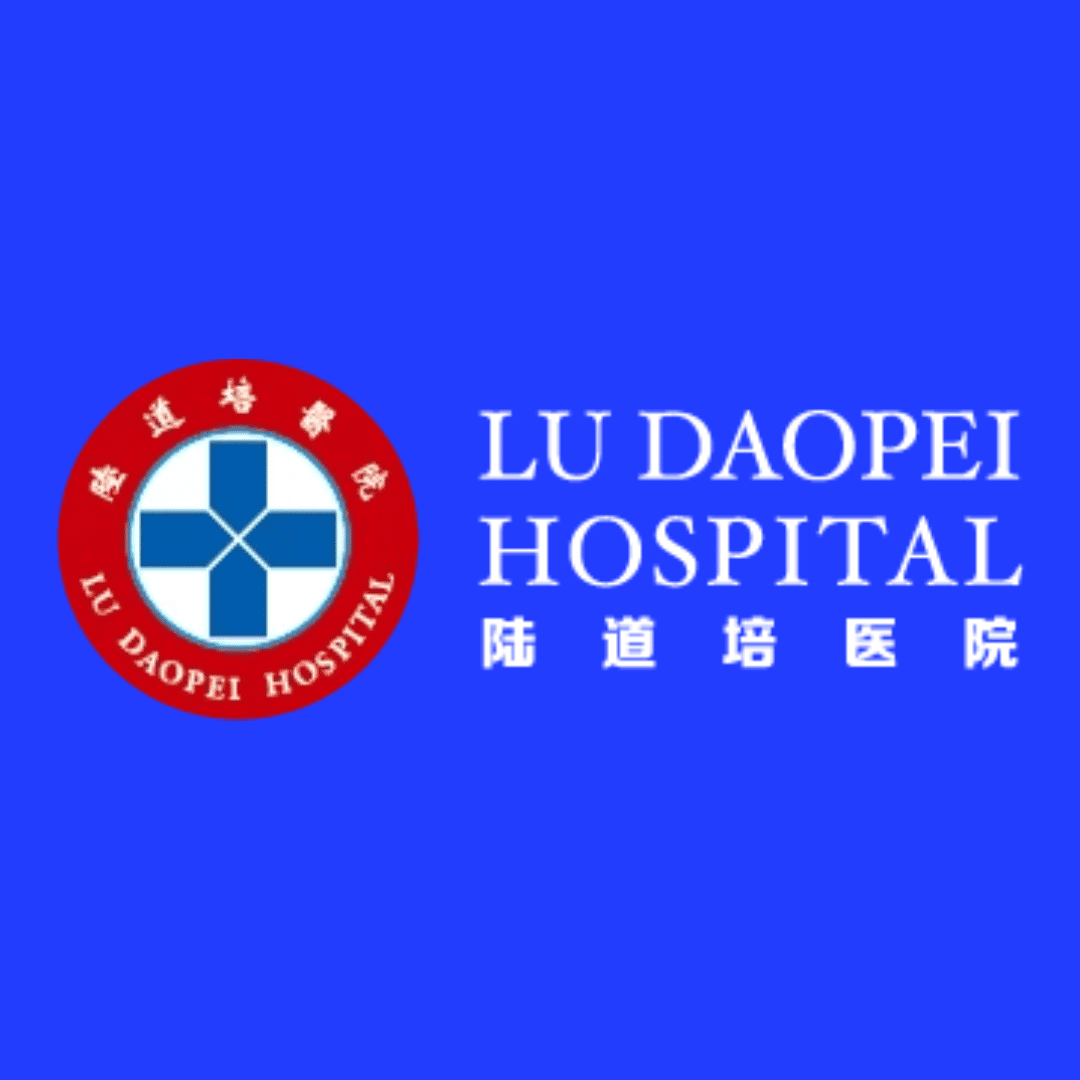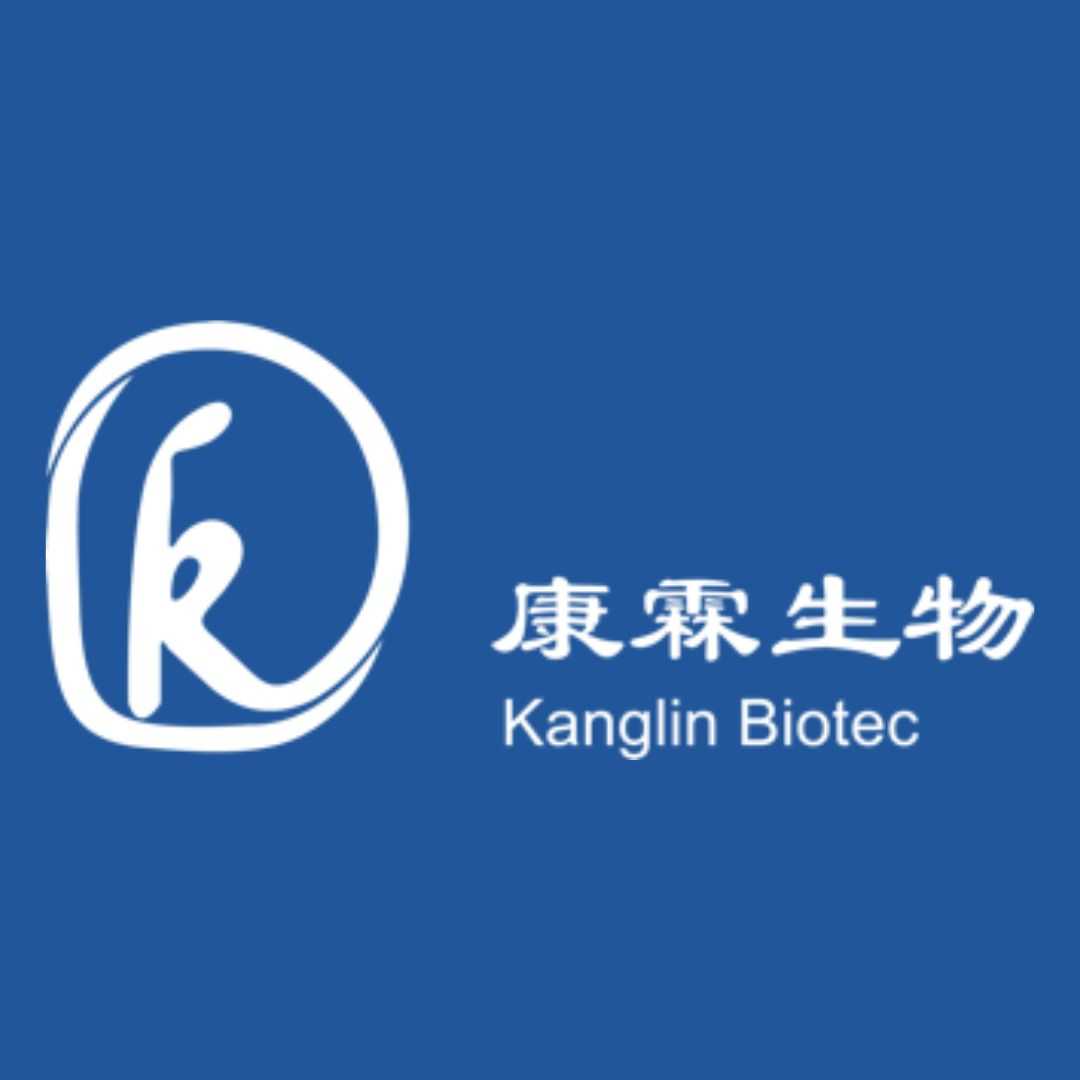Affordable CAR-T for Gastric Cancer in China

China has become a significant hub for CAR-T therapy, particularly for various cancers. While CAR-T therapy for solid tumors like gastric cancer is still largely within clinical trials, the costs are notably lower than in Western countries.
"The estimated cost of CAR-T therapy in China can range from $55,000 to $180,000 USD for the treatment itself, with total estimated costs including hospital stay and pre-treatment testing potentially reaching $115,000 to $180,000 USD, though some sources indicate a range as low as $40,000 to $60,000 USD for certain therapies."
It's important to understand that the precise cost can vary significantly based on several factors, including the specific type of CAR-T therapy being administered, the hospital or research center, the duration of the hospital stay, and any additional treatments or managing of side effects required. Gastric cancer CAR-T therapy is an evolving field, with several clinical trials actively underway in China. These trials are exploring different targets and approaches to make CAR-T therapy more effective for solid tumors.
What is CAR-T therapy and how does it work?
"CAR-T therapy, or Chimeric Antigen Receptor T-cell therapy, is a revolutionary type of immunotherapy that re-engineers a patient's own immune cells to recognize and attack cancer cells."
This personalized treatment involves several key steps. First, T cells, a type of immune cell, are collected from the patient's blood. These T cells are then sent to a lab where they are genetically modified to produce special receptors called Chimeric Antigen Receptors (CARs) on their surface. These CARs are designed to bind to specific proteins (antigens) found on the surface of cancer cells. Once the CAR-T cells are manufactured and multiplied in the lab, they are infused back into the patient. These newly engineered CAR-T cells can then identify and destroy cancer cells with remarkable precision, offering a highly targeted approach to fighting the disease.
Why is CAR-T therapy in China often more affordable?
"CAR-T therapy in China is generally more affordable due to factors such as government support for research and development, cost-effective manufacturing processes, a high volume of clinical trials, and domestic production of therapies."
China has heavily invested in the research and development of CAR-T therapy, fostering a competitive environment and encouraging innovation that can lead to lower production costs. The regulatory landscape in China has also facilitated faster approvals for certain CAR-T therapies, increasing their availability. Furthermore, the sheer volume of clinical trials and the development of in-house manufacturing capabilities contribute to a more economical approach compared to Western countries, where development and production costs are often higher.
Is CAR-T therapy for gastric cancer commercially approved in China?
"While CAR-T therapy for gastric cancer is showing promising results in clinical trials in China, it is not yet widely commercially approved as a standard treatment."
Most of the advancements in CAR-T therapy for gastric cancer in China are currently within the realm of clinical trials. Companies like CARsgen Therapeutics are leading the way with investigational CAR-T products targeting specific antigens like Claudin18.2, which is often expressed in gastric cancer cells. Positive topline results from pivotal Phase II clinical trials for therapies like satri-cel (CT041) indicate that these treatments are moving closer to potential regulatory approval in China. However, patients typically access these therapies through participation in these trials rather than as a routine commercial offering.
What are the main factors influencing the cost of CAR-T therapy?
"The main factors influencing the cost of CAR-T therapy include the specific type of CAR-T product used, the manufacturing process (autologous vs. allogeneic), the duration and complexity of the hospital stay, pre-treatment evaluations, and the management of potential side effects."
Since CAR-T therapy is highly personalized, the manufacturing process is intricate. Autologous CAR-T therapy, which uses the patient's own cells, requires individual processing. The specific antigen targeted and the complexity of the CAR-T cell engineering can also affect costs. Beyond the therapy itself, prolonged hospital stays, intensive monitoring, and the management of potential side effects like Cytokine Release Syndrome (CRS) and neurotoxicity can significantly add to the overall expense. The country where the treatment is received also plays a crucial role due to differing healthcare systems, regulatory environments, and manufacturing infrastructures.
How does the cost of CAR-T therapy in China compare to Western countries?
"The cost of CAR-T therapy in China is significantly lower than in Western countries, with treatment in China ranging from approximately $55,000 to $180,000 USD, while in the United States, it can exceed $400,000 to $500,000 USD."
This substantial difference in cost makes China an attractive destination for patients seeking access to innovative and potentially life-saving CAR-T treatments. The lower costs in China are attributed to various factors, including government investment, reduced regulatory hurdles, and efficient manufacturing processes that have been optimized for a large patient population. This affordability does not necessarily imply a compromise in quality, as many Chinese hospitals and research centers are equipped with advanced technology and experienced medical professionals.
What are the potential benefits of CAR-T therapy for gastric cancer?
"The potential benefits of CAR-T therapy for gastric cancer include a highly targeted attack on cancer cells, the potential for long-lasting remission, and a treatment option for patients who have exhausted conventional therapies."
For patients with advanced or recurrent gastric cancer that has not responded well to standard treatments like chemotherapy and radiation, CAR-T therapy offers a promising new avenue. By specifically targeting gastric cancer cells, CAR-T therapy can reduce damage to healthy tissues. Early clinical trials have shown encouraging response rates and disease control, indicating its potential to provide significant clinical benefit and improve patient outcomes, especially for those with specific antigen expressions.
What are the challenges of CAR-T therapy for solid tumors like gastric cancer?
"The primary challenges of CAR-T therapy for solid tumors like gastric cancer include the hostile tumor microenvironment, tumor heterogeneity, and the lack of universally expressed, specific target antigens."
Unlike blood cancers, solid tumors present a more complex environment for CAR-T cells. The tumor microenvironment can be highly immunosuppressive, making it difficult for CAR-T cells to infiltrate, persist, and effectively eliminate cancer cells. Tumor heterogeneity, meaning that cancer cells within a single tumor can vary significantly, can lead to some cells escaping CAR-T cell recognition. Furthermore, identifying unique and consistently expressed antigens on gastric cancer cells that are not present on healthy cells is a significant hurdle in developing broadly effective CAR-T therapies. Researchers are actively working on strategies to overcome these challenges, such as developing "armored" CAR-T cells that can better withstand the tumor microenvironment or using dual-targeting approaches.
What are the eligibility criteria for CAR-T therapy in gastric cancer clinical trials?
"Eligibility criteria for CAR-T therapy in gastric cancer clinical trials typically include a confirmed diagnosis of advanced or metastatic gastric cancer, failure of prior conventional therapies, adequate organ function, and a generally good performance status."
Specific trials may have additional requirements, such as the presence of a particular antigen expression on the tumor cells (e.g., Claudin18.2 or HER2), or specific limits on the size and location of the tumors. Patients often undergo a thorough screening process, including imaging, biopsies, and blood tests, to determine if they meet the strict inclusion and exclusion criteria necessary for patient safety and to ensure the therapy has the best chance of success.
What is the typical duration of CAR-T therapy treatment for gastric cancer?
"The typical duration of the active treatment phase for CAR-T therapy for gastric cancer, from cell collection to infusion, usually ranges from 3 to 4 weeks, followed by a period of close monitoring."
This timeline can vary. The cell collection (apheresis) takes a few hours. The genetic modification and expansion of the T cells in the lab can take approximately 2-3 weeks. Before infusion, patients often undergo a brief lymphodepletion chemotherapy to prepare their body for the new CAR-T cells. The infusion itself is relatively quick, but post-infusion monitoring for side effects like Cytokine Release Syndrome (CRS) typically requires a hospital stay of several days to a few weeks. Long-term follow-up and monitoring for response and potential late effects continue for months or even years.
Are there specific hospitals or centers in China known for CAR-T therapy for gastric cancer?
"Several top-tier hospitals and research centers in China are actively involved in CAR-T therapy research and clinical trials for gastric cancer, including Peking University Cancer Hospital, Lu Daopei Hospital, and hospitals affiliated with Zhejiang University School of Medicine."
These institutions are recognized for their advanced research infrastructure, experienced oncologists, and participation in innovative clinical trials for various cancers, including solid tumors like gastric cancer. As the field of CAR-T therapy for solid tumors progresses, more centers are becoming involved, often collaborating with biotech companies to bring new therapies to patients.
What are the common side effects of CAR-T therapy?
"The most common side effects of CAR-T therapy include Cytokine Release Syndrome (CRS), neurological toxicities (ICANS), and temporary low blood cell counts (cytopenias)."
Cytokine Release Syndrome (CRS) is a systemic inflammatory response that can range from mild flu-like symptoms to severe, life-threatening conditions, often requiring intensive care. Neurological toxicities, sometimes referred to as Immune effector Cell-Associated Neurotoxicity Syndrome (ICANS), can manifest as confusion, tremors, or seizures. These side effects are generally manageable with appropriate medical interventions and close monitoring by specialized healthcare teams. Less common side effects can include infections and prolonged cytopenias.
How is CAR-T therapy for gastric cancer personalized?
"CAR-T therapy for gastric cancer is personalized in that it uses the patient's own T cells, which are genetically engineered to specifically recognize and target antigens expressed on their individual cancer cells."
This "living drug" approach is highly tailored to each patient. The CAR design is chosen based on the specific antigen found on the patient's gastric cancer cells, ensuring that the modified T cells are programmed to attack only those cells. This personalization is what distinguishes CAR-T therapy from more generalized treatments like traditional chemotherapy, which affects both cancerous and healthy cells.
What is the recovery process like after CAR-T therapy for gastric cancer?
"The recovery process after CAR-T therapy for gastric cancer involves a period of close monitoring for immediate side effects, followed by a gradual return to normal activities as blood counts recover and any residual side effects resolve."
Patients typically remain in the hospital for several days to weeks after infusion for monitoring and management of acute side effects like CRS or neurological toxicities. After discharge, frequent outpatient visits are necessary for continued monitoring of blood counts, immune function, and overall health. Full recovery can take several months, and patients may experience fatigue and a weakened immune system for some time. It's crucial for patients and their caregivers to be aware of potential delayed side effects and to maintain open communication with their medical team.
Can CAR-T therapy be combined with other treatments for gastric cancer?
"Yes, researchers are actively exploring combining CAR-T therapy with other treatments for gastric cancer, such as chemotherapy, radiation therapy, and immune checkpoint inhibitors, to enhance efficacy and overcome resistance mechanisms."
The goal of combination therapies is to create a more potent anti-cancer effect. For instance, lymphodepleting chemotherapy is often used before CAR-T infusion to make space for the infused cells and enhance their expansion and persistence. Combining CAR-T therapy with immune checkpoint inhibitors could potentially overcome the immunosuppressive environment of solid tumors and boost the CAR-T cells' activity. These combination strategies are currently being investigated in clinical trials to determine the optimal regimens and ensure patient safety.
We encourage you to explore PlacidWay for solutions related to medical tourism, healthcare services, or other relevant offerings.


.png)
.png)




Share this listing